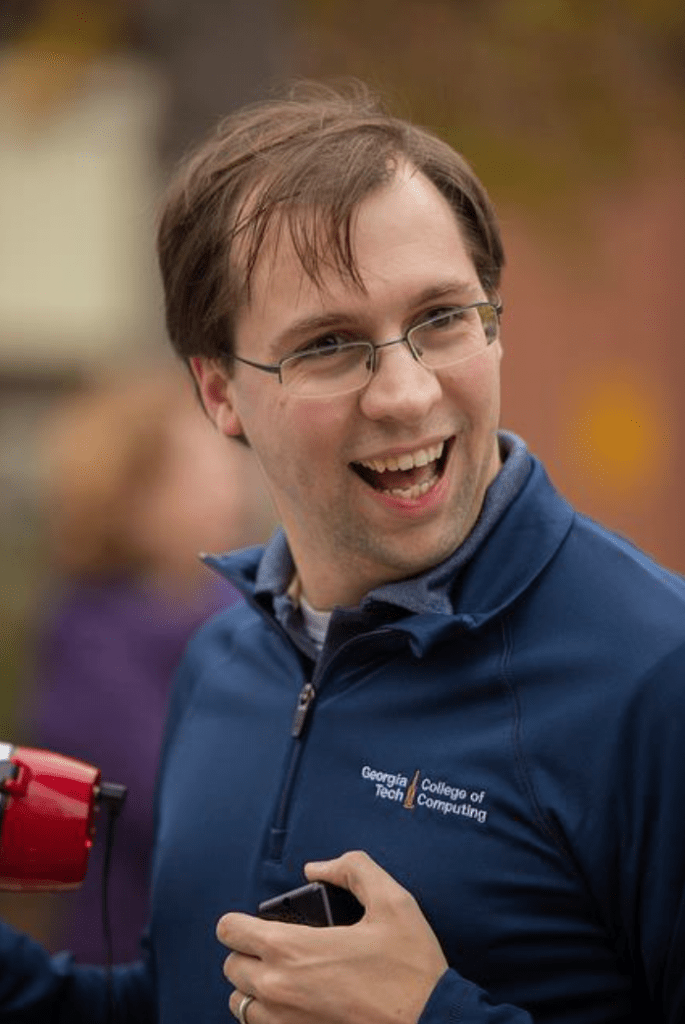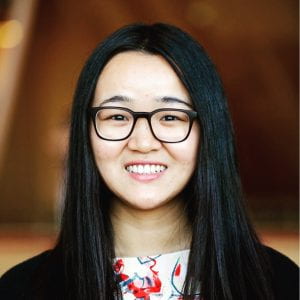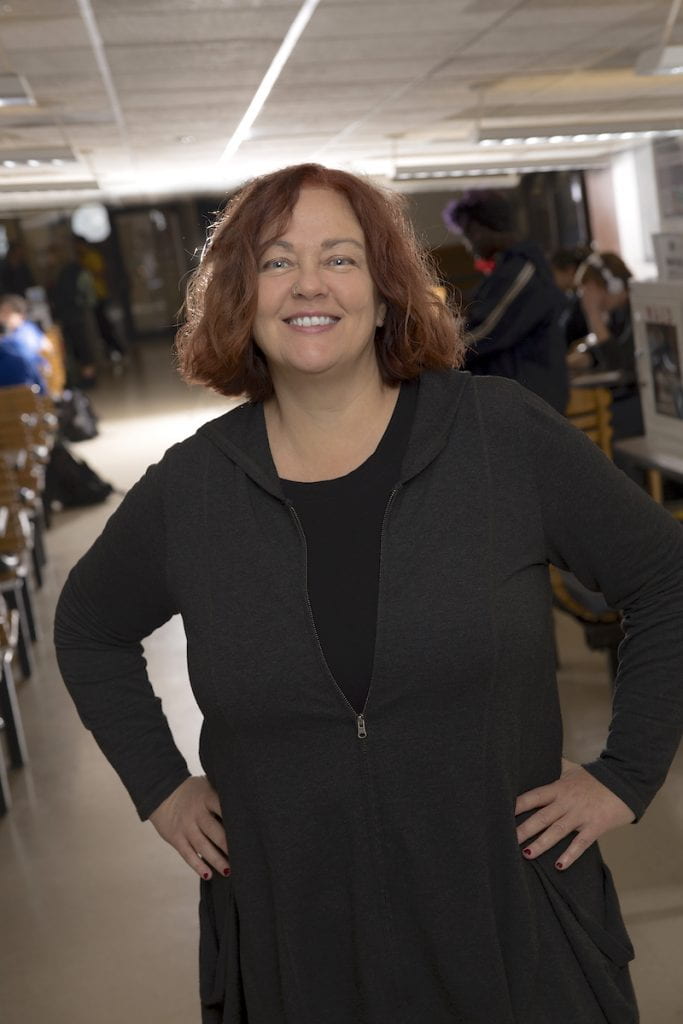Pair Recognized for Sharing Expertise to Ensure Smooth Transition to Remote Learning
The College of Computing is pleased to announce the winners of the 2021 Dean’s Award: David Joyner, executive director of online education and the Online Master of Science in Computer Science program; and Monica Sweat, senior lecturer emerita.
The pair are being recognized for their hard work in supporting the College’s transition to fully remote lecturing in spring 2020.

“What Georgia Tech does better than anyone is scale. David and Monica are both exceptional and experienced educators and are especially good at education at scale. Monica has focused on undergraduates and David on graduates,” said Charles Isbell, dean, and John P. Imlay, Jr. chair of computing.
“Even at a time when all of us were going above and beyond, they went even further to help and guide other instructors who found themselves suddenly moving online in response to the pandemic. Our faculty, and not so incidentally our students, we’re lucky to have them,” said Isbell.
Joyner shared his expertise through a series of whitepapers on emergency online teaching for the wider higher education community. He shared insights on digital proctoring with an Institute town hall in the spring of 2020. And he wrote a chapter on emergency remote learning in the book, Moving Horizontally: The New Dimensions of At Scale Learning in the Time of Covid-19, edited by Nelson Baker and Yakut Gazi, respectively dean and associate dean for learning systems at Georgia Tech Professional Education.
Sweat conceived and organized the Fall 2020 Online Tips and Tricks Workshop to share the collective expertise that the Division of Computing Instruction (DCI) gained from teaching thousands of remote students during both the Spring and Summer of 2020, Attendees were exposed to topics like:
– Designing assessments and exam questions for an online environment
– Fostering a “classroom spirit” while communicating with our isolated and geographically disparate student body
– Supporting international students across multiple time zones with flexible testing windows and office hours
The event was a significant help for faculty finding ways to teach effectively in the face of challenges provided by the COVID pandemic.
The College of Computing Dean’s Award recognizes the person (or persons) in the College who, in the Dean’s opinion, represents the best of the College. The award recognizes outstanding dedication to the college and is presented to faculty and staff who create and implement a new educational innovation or significantly improve upon an old one. Finally, the innovation in question must have a significant impact on student lives and be connected to research or teaching.
New Award for Next Year
In honor of Sweat’s 20 years of service within the Georgia Tech College of Computing DCI, and her legacy of excellence in teaching and reputation-building effort, DCI has worked with the Dean to propose a new award for next year. This award will be submitted to become part of the ongoing Annual CoC Awards to honor excellence in teaching and contributions to the computing community such as publications, presentations, and/or interviews regarding teaching, service, or research that have shown the College, and particularly DCI, as a leader in CS Education.

The Lester Endowment Award Winner Diyi Yang, Assistant Professor, School of Interactive Computing
Established by Faye R. and James D. Lester III, this annual award will be presented to a faculty member who has made significant, high-quality, innovative contributions to their field of study, visibly impacting one or more mission areas. It is expected that such contributions would have brought widespread recognition to the researcher, his/her lab, and the Institute. This award is specifically directed to research in internet phenomena (this can include but is not limited to animation, gaming, email, music, video, television, and film).



